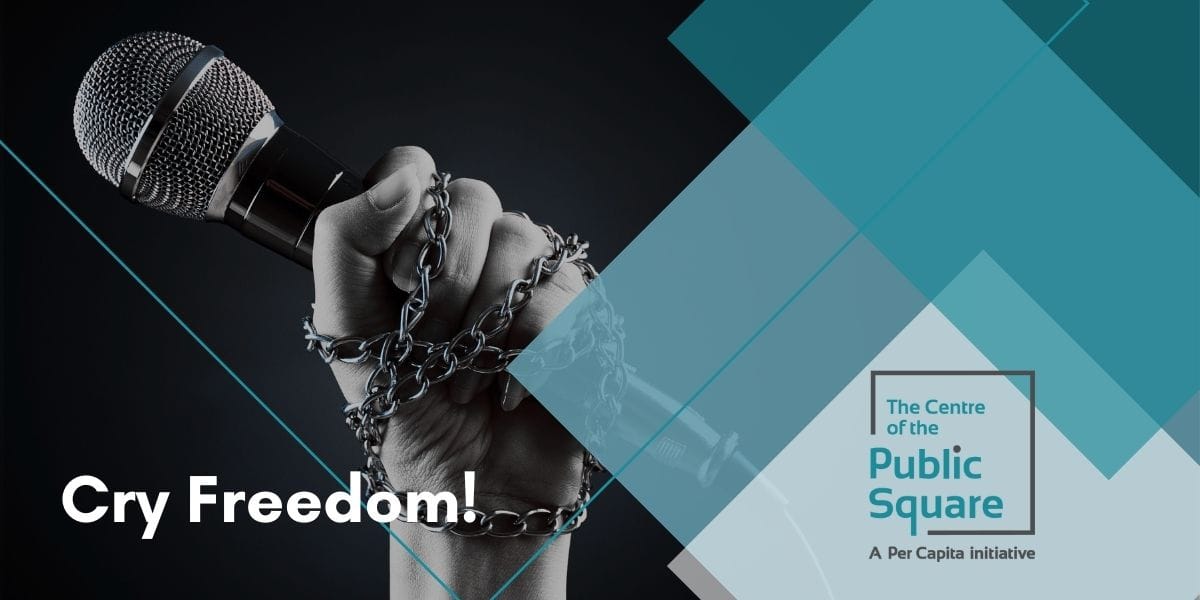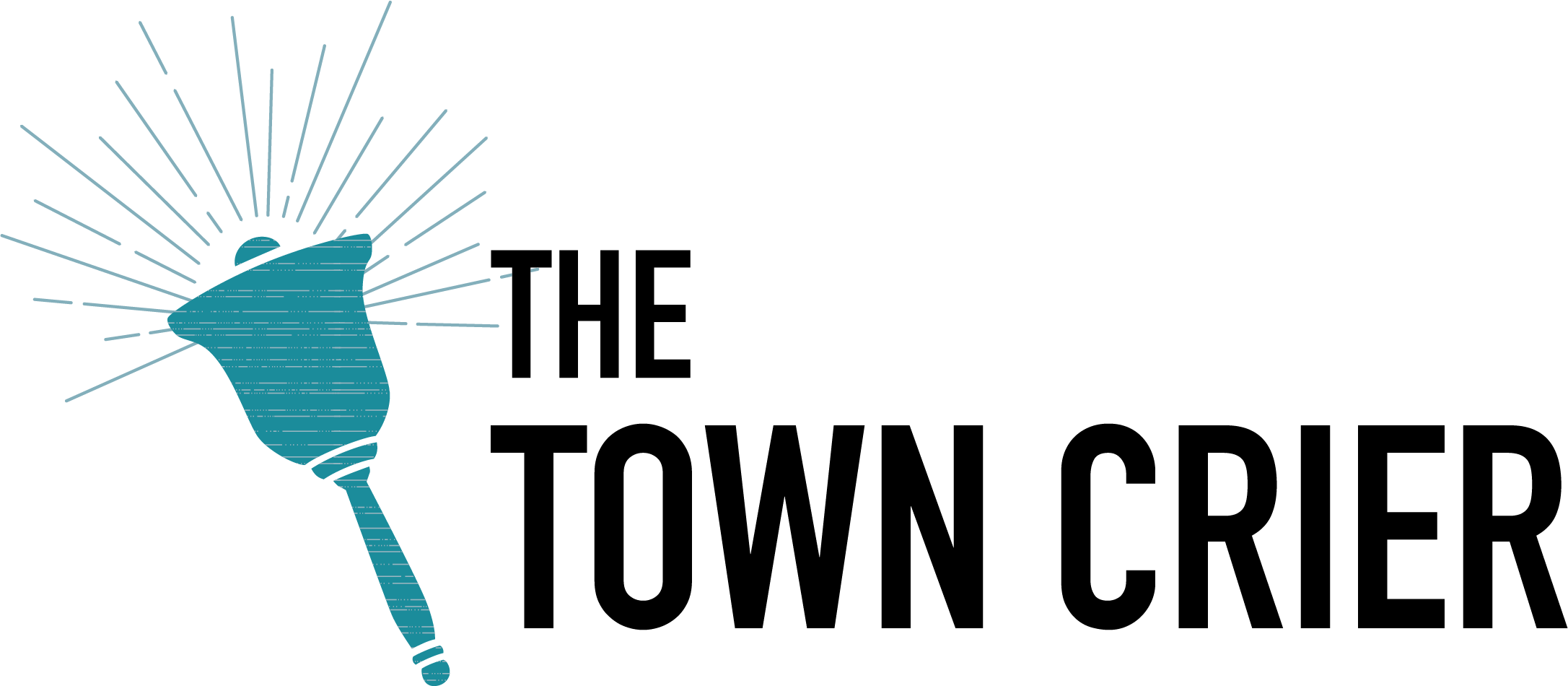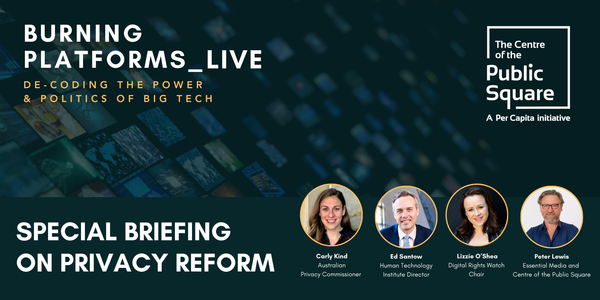Cry Freedom!

Hear Ye, Hear Ye,
The advocates of free speech have wielded their rhetorical swords to slay proposed laws to force tech companies to keep their platforms safe.
But before we all cry freedom, let’s have a sober discussion about what’s really going on here: the very notion of free speech has been perverted and dragooned into a calculated push to undermine tech regulation.
Globally the champions of the freedom doctrine are in the ascendance, incoming Vice President JD Vance’s threat to withdraw military support for NATO if the European Union has the temerity to regulate libertarian-in-chief Elon Musk’s X platform.
Closer to home, any move that requires these tech overlords to take responsibility for their platforms is met by similar hyperventilation which seems to begin and end with the invocation of magic word.
While free speech is presented as an absolute, in the real world it has always been subject to laws and limitations, like defamation, criminal laws of assault, privacy constraints and the emerging fields of vilification, hate-speech and doxxing.
But in the online world it has presented itself as a form of verbal terra nullius, where the origin story that the net would be a place free of government restraint provided a convenient cover for the corporations and governments to build an ecosystem free of intervention.
In this environment, the government’s misinformation laws were always going to be a sitting duck; the more it worked to explain and contain the cope of its intrusion, codifying where platform would be required to show they had taken steps to mitigate the risk of dangerous and malicious content, the more they walked into the freedom fight.
This has left Australian tech regulation in a parlous state at the end of the 2024; our pre-internet privacy still lagging way behind Europe and parts of the US.
The first modest waves of privacy law have finally passed although the hard work remains to be done; the government has flagged it will impose a general duty of care on platforms to provide safety online, but this is yet to be fully fleshed out; while regulation of AI remains incremental and voluntary despite a comprehensive report released this week which shows, at last, an appetite for greater onus on those deploying new technology to do no harm.
The most concrete regulation has been the bipartisan push for a performative and unworkable social media ban for children under 16, a move slammed by child safety experts and devoid of any path to implementation. With a quickfire review the laws were jammed through this week before the critical analysis could even begin.
This leaves those of us who want to see guardrails imposed around not just social media platforms, but the AI technology they are now seeking to develop, feeling like the freedom boys have succeeded in pulling off their three-card trick.
Ironically, the most sensible way forward in recent months might be that suggestion by NewsCorp CEO Michael Millar that platforms should be required to comply to a licensing regime to operate in Australia.
Miller initially floated this at the National Press Club in June as part of a push to salvage the News Media Bargaining Code, a competition measure designed to mitigate the monopoly impact of the platforms on advertising.
News wants a licensing regime that requiring platforms operating in Australia to ensure their network does not provide harmful content, provide customer complaints and dispute resolution services and comply with all Australian laws. The licensing fee would fund local news content.
While we can be cynical about News’ motivations – and their editorial invocation of the destructive freedom tropes – the licensing idea deserves serious consideration, especially given the ongoing failure of whack-a-mole legislation.
Strange Bedfellows
The latest Burning Platforms deep into the common ground between national security and individual privacy with cybersecurity expert Miah Hammond-Errey, host of the Technology and Security (TS) podcast.
What was fascinating about the discussion was that while Miah comes from a totally different background, of international cyber-security, the landing point of recognising the need for robust privacy laws. Yet another foolish dreamer!
Also this week:
- Bunnings wrapped over facial recognition – see a great piece on the issue featuring Ed Santow and Kate Bower here.
- What Trump’s crypto bonanza means; and
- Could the social media ban have a silver lining?
You can listen to it here:
Or on YouTube here:
What we’re clicking
Nothing but BlueSky from now on? There is lots of hype around the Twitter knock-off that is looming as an alternative to the eXecrable platform. But our own Jordan Guiao wonders if it’s better for people just to pull back on the scrolling altogether.
MAGA Influence: How Trump’s win has empowered a new breed of red-hatted online money-makers.
The art of conversation: A terrific series of lectures from the Canadian writer Ian Williams about the critical role of offline engagement, formerly known as talking.




